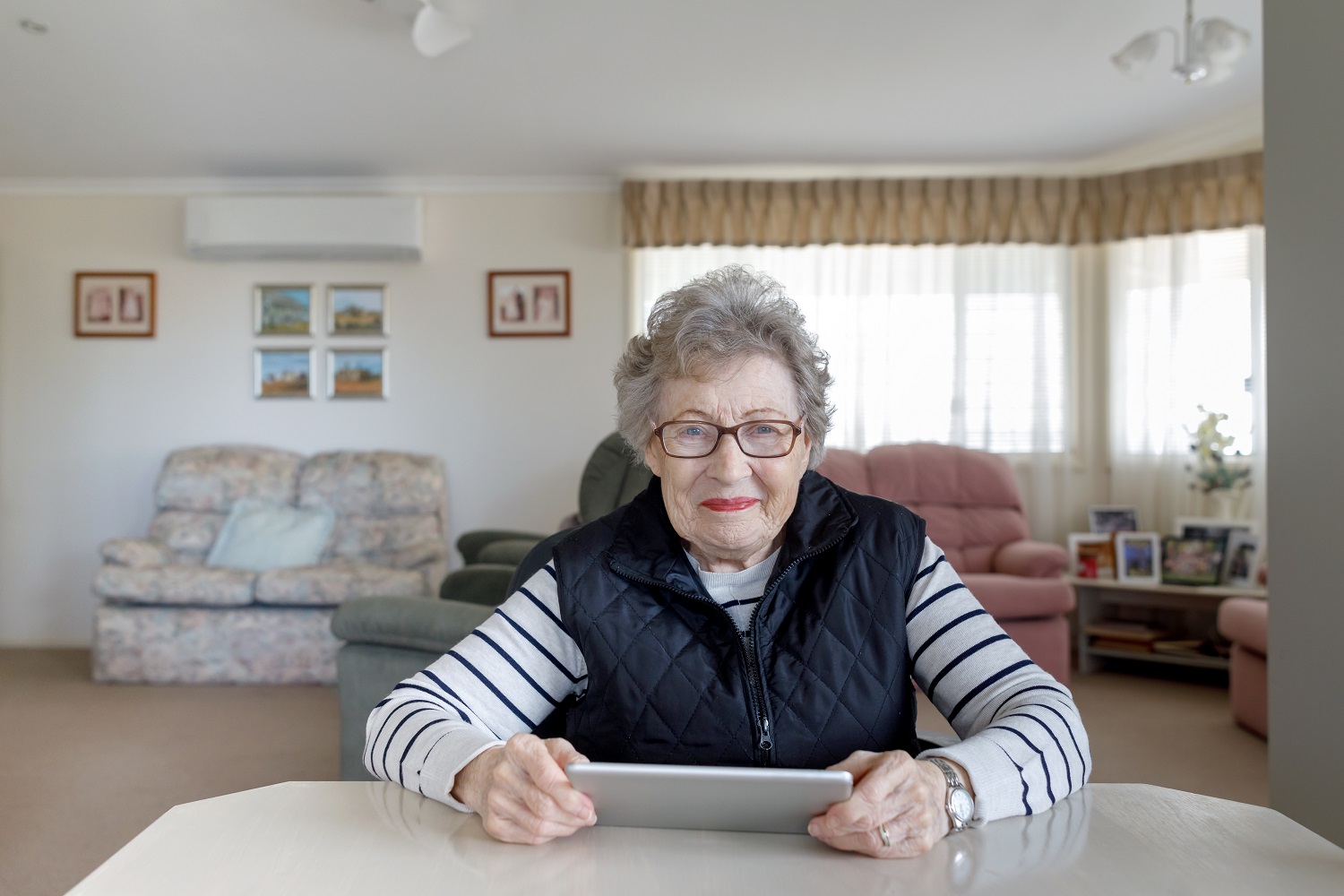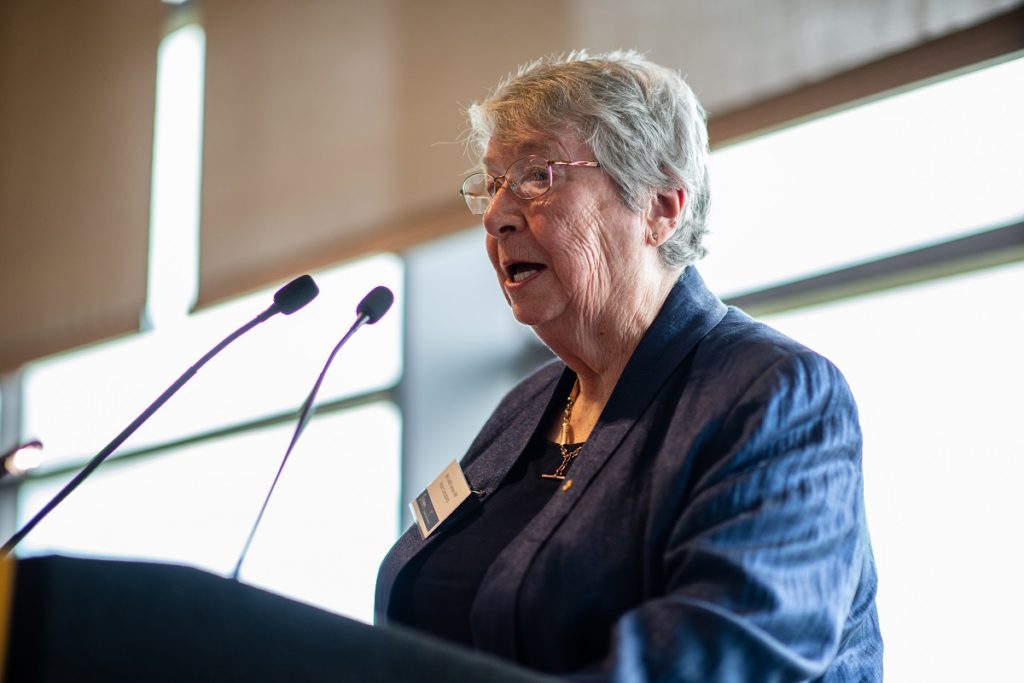
By Judith Leeson AM
We live in a world that has emphasised the importance of global connections, the advancement of sophisticated technology, to stimulate productivity and efficiency, and reduced the importance of face-to-face connections and social engagement.
There are some real ironies here, that perhaps those elders who were born into the Great Depression and endured the horrors of WW2 and who are among the most vulnerable people in the COVID-19 pandemic are also well suited to support others through this challenging and frightening time. Rather than regarding us as a liability we could be perceived as an asset.
During the Depression I remember, as a child, seeing my mother welcome a desperate man selling boxes of matches door-to-door, and buying two of them as he wept.
My family had a large general store and we had sufficient matches, but this man had a family to support, and my mother affirmed him as a responsible and suffering human.
During WW2 we had food and petrol rationing, blackened windows, air raid shelters in every back yard, and tried to be as self-sufficient as possible for the greater good.
As a child I remember how close our family was, and how we maximised our sparse resources to contribute to our community and alleviate disadvantage in families that needed our support and encouragement.

For nearly five years we were under siege, but we pulled together as a community, and also found much joy in our connections to each other and the natural world, to music, literature and the arts, and the sense of working together for the greater good.
We also found many creative and innovative solutions to meeting our needs, which strengthened our sense of being resilient, and recognised the key ingredients of interpersonal interaction being care, kindness, compassion and empathy.
Our experiences, knowledge, and wisdom could be seen as an asset, and provide evidence to the community that we can and will survive this pandemic; that there are wonderful ways to engage and connect, and that we have an incredible opportunity to make a decision that at this turning point we can chose another way to live, engage, and care for each other and our wonderful planet.
William Wordsworth’s poem written in 1802 may also be a guiding light to those of us who see, within this terrible crisis, the opportunity to forge another pathway.
Written during the First Industrial Revolution, Wordsworth laments the loss of connection between people and nature, and the focus on material pursuits at the expense of what really matters. Here is a fragment:
The world is too much with us; late and soon,
Getting and spending, we lay waste our powers.
Little we see in Nature that is ours:
We have given our hearts away, a sordid boon!
Composed Upon the Beach near Calais, August 1802
While we all appreciate and benefit from the wonders of technology, perhaps our elders can assist us to weather this crisis and find a way ahead where individuals within communities are seen as our major resource, and where kindness, caring, compassion and empathy are the motivating factors for our action.
Judith Leeson AM is a Caring Futures Institute ambassador. A Director of Vector Consultants, Judith has worked in early childhood, career development and transition services for disadvantaged groups for 60 years. A former Flinders University lecturer, her post graduate qualifications are in education, counselling, and a Master in Career Development: Counselling and Coaching within the School of Business and Law at Edith Cowan University. In 2019, Judith was a judge on Flinders University’s Care Hack, where participants gathered to re-imagine aged care.

